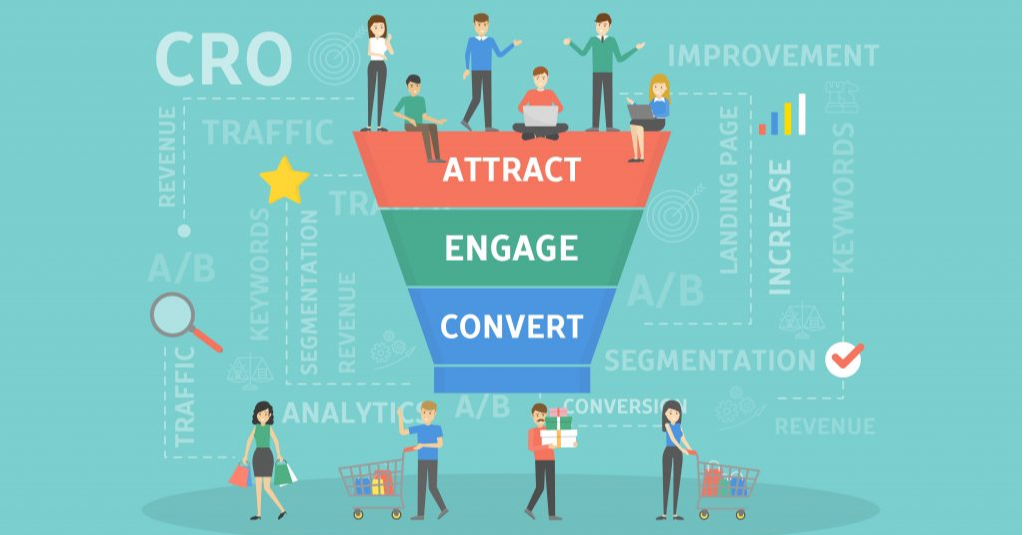
What metrics do you use to measure the health of your business? And, what are you doing with the results?
These metrics aren't useful unless you track the right ones and put what you've learned into practice. At face value, metrics for business development are just chunks of information. In some cases, businesses review this information and stand back to monitor what happens. In the best cases, you begin taking action and devise intelligent strategies based off on this information.
Let's consider for a minute the difference between monitoring and taking action. There are a couple of popular commercials on television these days that perfectly describe this scenario. You know the ones...
He's not a dentist who’ll fix your cavity, he’s just a dental monitor who lets you know it’s there.
He’s not a security guard who’ll protect you, he’s a security monitor who points out the bank robber.
With that in mind, here are four business metrics that you first need to track and monitor, but also turn the results into an action that impacts your business:
#1: Lead-to-Client Conversion Rate
You’ve done the legwork to attract leads, but that’s only part of the job. Converting them to happy customers is the final step - and the one that matters most. When you track customer conversion rate, you gain insights into the effectiveness of your landing pages, CTAs, and your sales team.
Divide new leads by new customers to find your conversion rate. If the numbers aren’t what you’d like, you should try to figure out your next move, whether it’s a sales team that needs additional training or a landing page that needs optimization.

#2: Sales Revenue
Revenue is the most obvious indicator of whether your business is healthy. So many different aspects of a business are reflected in sales revenue. Ask yourself these questions:
- Are your products or services aimed at the right market?
- If so, do they need a quality tweak?
- What about your marketing campaigns?
- Does your message resonate with your audience?
- Are you capturing them at the right time to drive them toward conversion?
If your revenue falls short of expectations, you’ve got a few choices. You can ramp up sales offerings, offer strategic sales or discounts, get the word out through marketing campaigns, and/or fine-tune your staff.

#3: Customer Acquisition Cost
The cost of acquiring a new customer is one of those metrics that’s distilled from several others, depending on how far you want to go down. Fortunately, you can often find a snag, if there is one, at a higher level. The deep-dive metrics might be better reserved for times when business is good, but you want it to be fantastic.
In terms of metrics in business, Forbes business advice says you can find your per-customer acquisition cost by dividing acquisition expenses by new customers for a certain period.
It’s up to you to choose which acquisition expenses, such as marketing and advertising, to include. A healthy customer acquisition cost trend is progressively lower over time as acquisition efforts will first take root, grow, and then mature.

#4: Customer Loyalty and Retention
It’s much less expensive to keep the customers you’ve got than to start from square one. Loyalty and retention are two key components to business growth. Keep your customers happy, and they’ll return time and again. Loyalty is measured in customer attitudes about your business. Forbes recommends surveys, feedback portals, and purchase analysis to discover customer’s attitudes about your business.
According to Fred Reichheld, author of The Loyalty Effect, “A five percent improvement in customer retention rates will yield between a 25 to 100 percent increase in profits across a wide range of industries.”

Business metrics are also health indicators if you know which ones to track. They’re powerful tools when you put the information to use. Some metrics are fairly universal. Some will be essential for your business. Together, they create a map that leads you to the business growth that you're searching for.
Don't know where to start? Download a copy of the Marketing Campaign Blueprint to discover best practices to engage prospects and support your ABM outreach.










